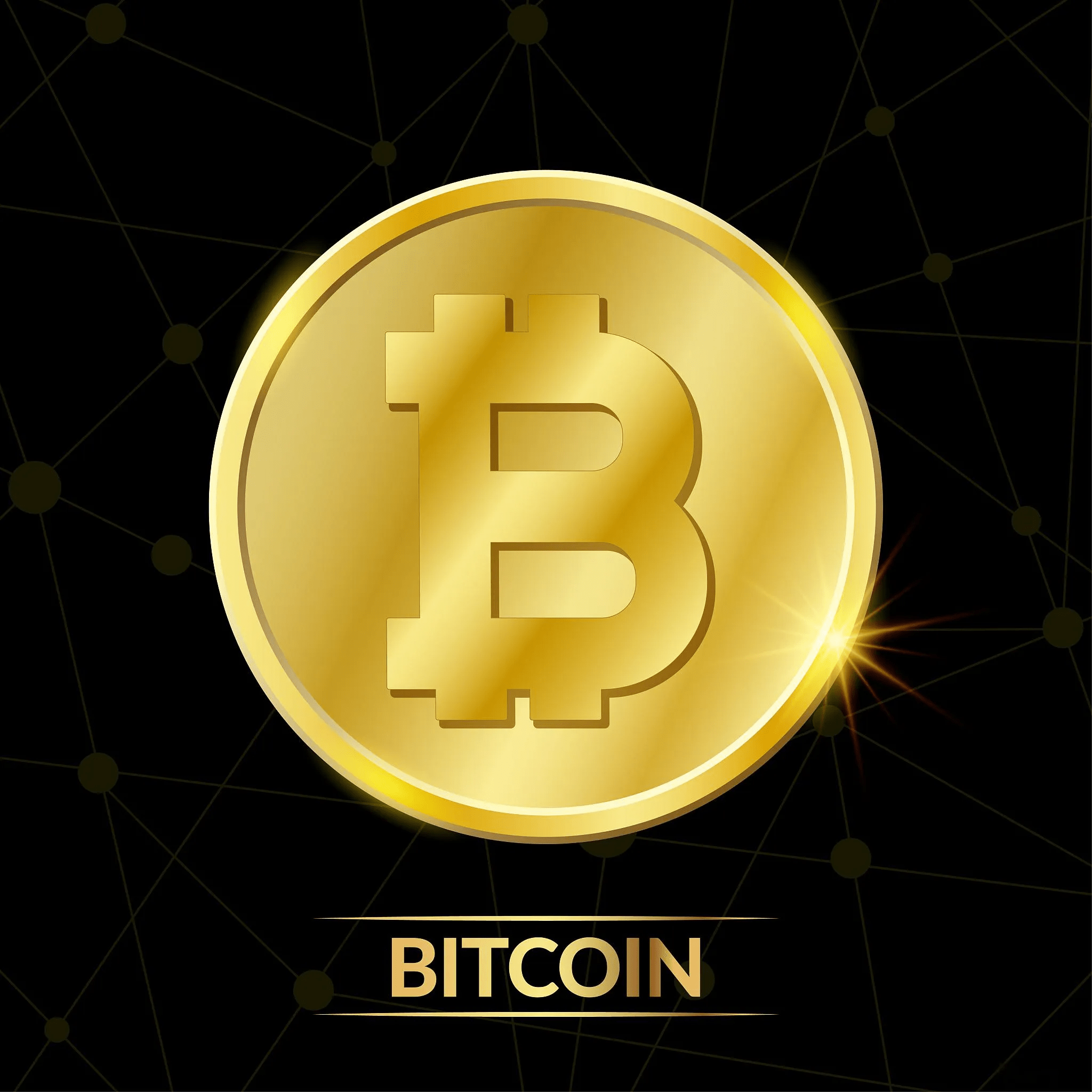
“Chang Jia” Liu Zhihao. From Hunan. He once spent an entire year's salary to buy Bitcoin. In 2011, he collaborated with Wu Jihan to establish the country's earliest blockchain information community, BaBiT, recommending Bitcoin to various sectors by translating information from English websites and writing articles, playing an important role in the early promotion of Bitcoin.
“Fried Cat” Jiang Xinyu. From Shaoyang, Hunan. He came into contact with Bitcoin in 2011 and initiated crowdfunding under the name 'friedcat' in 2012, successfully founding ASICMiner, one of the earliest entrepreneurs developing dedicated Bitcoin mining machines, contributing to the development of the early Bitcoin mining industry.
Lin Ling. From Huaihua, Hunan, one of the earliest digital currency investors and entrepreneurs in China, an early participant and evangelist in the Bitcoin community. After coming into contact with Bitcoin in 2015, she established an early digital currency community, sharing and discussing operational insights and news in the crypto circle, and led a team to participate in projects like NEO and ETH.
Li Lin. From Hengyang, Hunan, founder of Huobi. Huobi officially went online on September 1, 2013, and was one of the important Bitcoin trading platforms in China. Through operating Huobi, Li Lin promoted the trading and dissemination of Bitcoin in the country. Later, due to the domestic ban on cryptocurrency trading, the company moved to Hong Kong and was sold to Tron founder Justin Sun.
Wu Gang. From Hunan. Known as 'the Bitcoin veteran.' An early investor in Bitcoin and founder of Coin信. When Bitcoin was born in 2009, Wu Gang began mining with a company computer, being one of the first in China to touch Bitcoin, witnessing its early development and playing a significant role in its early dissemination in the country. He once said: 'Bitcoin, as the best monetary system, will definitely enter everyone's daily life in the future.'
In learning about the cryptocurrency circle, I found that people from Hunan played a very active role in the early activities of this space. Most of the people I saw playing Bitcoin in Ningbo were from Hunan. Today, I specifically checked online. Indeed, most of the early Bitcoin evangelists were from Hunan. What makes people from Hunan so observant and accepting of new things? Since modern times, Hunan has often been at the forefront of historical changes, from the Self-Strengthening Movement to modern revolutions, with many key events pushing the era featuring Hunan people. This courage and determination accumulated during significant changes gradually settled into a sensitivity to 'new'—not fearing to break norms but more willing to try the unknown. When new things emerge, it is naturally easier for this genetic drive to lead them to understand and participate.
Secondly, the resilience and flexibility shaped by the regional environment. Hunan is mountainous and hilly, and transportation was not convenient in the past. This geographical environment has instead fostered a nonconformist character among locals. To adapt to diverse living conditions, they are more adept at flexibility; when facing new things, they are not bound by conventional thinking but actively ponder 'what is the use of this thing' and 'can it bring new opportunities', making their response speed faster.
Furthermore, the combination of 'dominance' and pragmatism in culture. People from Hunan are often said to have a 'dominant' spirit, which is not reckless but carries a tenacity of not giving up, combined with a deep-seated pragmatism. Curiosity about new things is not mere fantasy but focuses on 'can it be done, can it create value.' This quality of daring to think and act makes it easier for them to take the first step when faced with new opportunities.
This observation is a summary of group characteristics; each person's choices are still related to their own experiences and cognition. But it cannot be denied that the characteristics in Hunan's regional culture that encourage breakthroughs and value practice do indeed give people here a natural sensitivity and action when facing new things. What do you think, friends?

